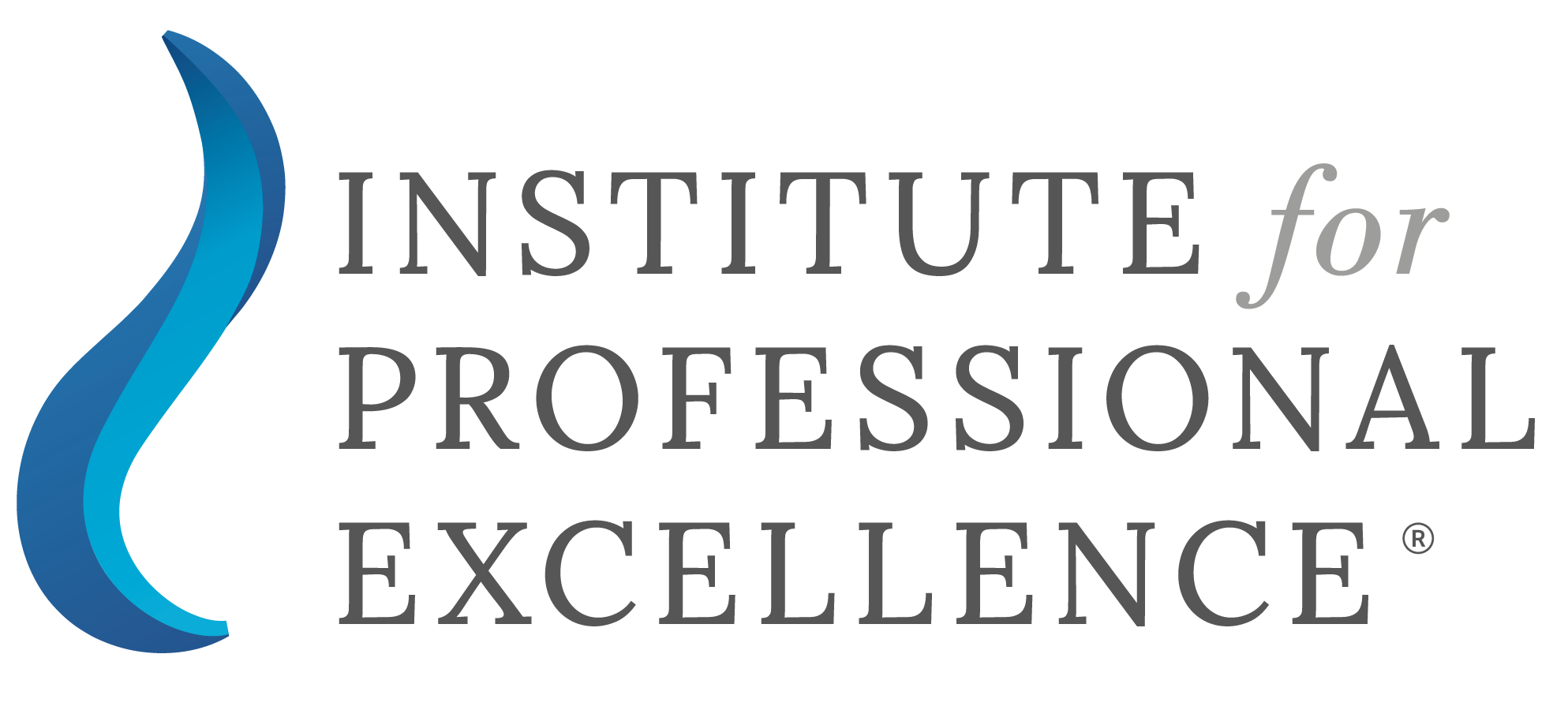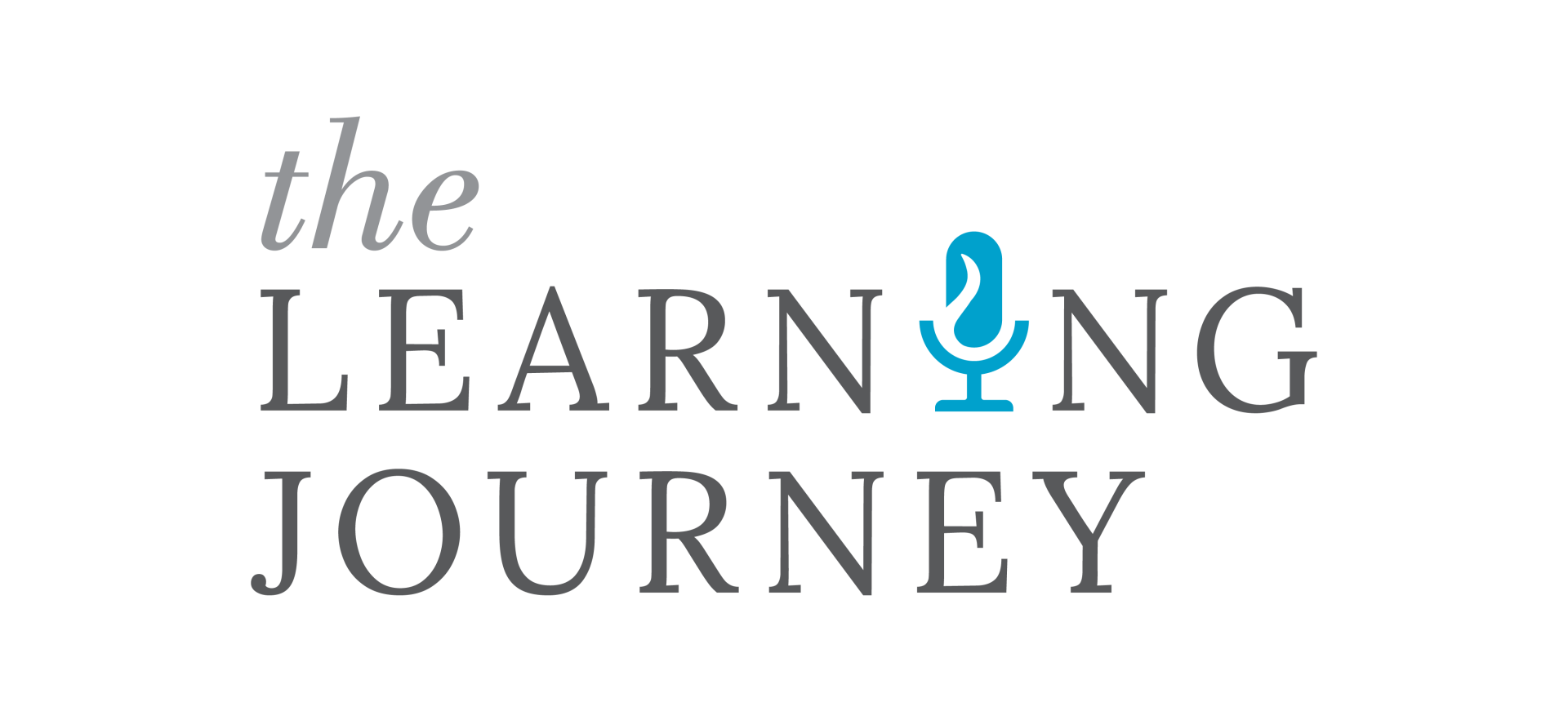AML for Digital & Crypto Assets
The European anti-money laundering (AML) regulatory framework is the one that prevents the exploitation of financial markets from unlawful activities. Following the raised demand for digital and crypto assets, European market participants and competent authorities aim for the adoption of appropriate AML controls and procedures.
In this blog post, the team at the Institute wishes to introduce you to digital and crypto assets and discuss how they shall be considered by the AML risk assessment of a Crypto Asset Service Provider (CASP).
At the end of the post, we provide a comprehensive outline of the information gained in this area by the completion of the Anti-Money Laundering: Fiat, Digital Assets & Crypto Assets course, available through the IforPE platform.
What is a Digital Asset?
A Digital Asset is any asset that can be issued and/or transferred using Distributed Ledger Technology (DTL) or Blockchain Technology. Currently, digital assets take one of the following forms:
- Crypto assets,
- Stablecoins,
- Non-fungible tokens (NFTs),
- Central bank digital currencies (CBDCs),
- Security tokens.
What is a Crypto Asset?
A Crypto Asset is a digital representation of value or rights, which may be transferred and stored electronically, using distributed ledger or similar technology. This is the broader definition prescribed in the European Regulation on Markets in Crypto Assets (MiCA), expected to take effect at the start of 2023.
On the other hand, until MiCA comes into force, the Cyprus Securities and Exchange Commission (CySEC) provides a similar definition including more constraints. CySEC bears the responsibility for the supervision of CASP authorised entities operating in and from Cyprus.
AML risk-assessment for CASP
The purpose of a business-wide AML risk assessment is to identify and understand the AML risks faced by an obliged entity to manage them effectively. CASP entities are expected to be subject to the AML regulatory framework based on the upcoming AML legislative package introduced by the European Commission (EC).
In this respect, CASP entities will need to perform a risk assessment considering all the risks faced by other obliged entities, as well as specific risks arising from crypto assets. Thus, a CASP will be required to identify and assess all client, country, delivery channel, produce, services and transactions risks stemming from:
- each crypto crypto asset considering its specific characteristics,
- the geographic location of the entities involved,
- the type of entities involved and their regulation status,
- the use of obscuring mechanisms,
- the crypto asset trails.
The Anti-Money Laundering: Fiat, Digital Assets & Crypto Assets course has been developed by SALVUS Funds and is delivered by their Risk & Compliance Director, Evdokia Pitsillidou. The course aims to educate professionals working in Cyprus Investment Firms (CIF), CASP and other CySEC regulated entities about the specifics of Digital and Crypto Assets through the AML regulatory perspective. Furthermore, it is suitable for professionals dealing with AML matters like auditors, lawyers, and compliance officers.
The course was originally delivered by Evdokia to a live audience of internal audit professionals, following the invitation of the Institute of Internal Auditors (IIA) in Cyprus. IforPE is proud to host this course on its platform, following requests to be made available in an online self-study version.
Completing this course will provide you with important information on upcoming regulatory developments and equip you with skills to augment AML policies and procedures, establish the necessary controls relating to customer and transaction monitoring, and guide you through the identification and reporting of a suspicious transaction.
The syllabus of the Anti-Money Laundering: Fiat, Digital Assets & Crypto Assets course includes:
- Fiat Currency, Digital Assets and Crypto Assets
- What is a Fiat Currency?
- What is a Digital Currency?
- What is a Crypto Asset?
- What is a Crypto Asset Service Provider? - Money Laundering - Terrorist Financing
- What is Money Laundering?
- Stages of Money Laundering
- Methods of Money Laundering
- What is Terrorist Financing?
- Difference between ML & TF
- Similarities between ML & TF
- MF & TF risks emanating from crypto-assets - AML Regulatory Framework, AML Updated & MiCA
- Supervisory Authorities
- Powers of CySEC
- EU Directives - AMLD 4, AMLD5
- National Law
- Regulatory Updates - AMLD 6
- New AML/CFT Regulation,
- AMLA
-MiCA - Cyprus National Risk Assessment 2021
- Cyprus National Risk Assessment 2021
- Supervisory Authorities
- The Travel Rule
- Key Findings
- What to expect following the NRA findings
- Important Recommendations
- Expected Legal Updates - Assessing and Managing Risks – Risk Based Approach & Risk Scoring
- Risk Based Approach
- Primary risk factors and associated risks
- Assessing and managing ML/TF risks
- Information to be collected
- Weighting risk factors
- Practical Examples - Customer Due Diligence & KYC, KYT, KYW
- Customer Due Diligence
- Documentation
-Transaction Monitoring
- Wallet Identification
- Practical Examples - Suspicious Transaction reports
- Suspicious Transactions
- Red Flag Indicators
- Suspicious Transaction Reporting
The material of the Anti-Money Laundering: Fiat, Digital Assets & Crypto Assets course is delivered in PDF slides and online video recordings, ideal for self-paced learning. Learners registering for this course have the flexibility to learn wherever and whenever.
In addition, learners are provided with the opportunity to test their knowledge upon completion of the course through a set of questions based on the presented material.
Lastly, the completion of this course counts towards the Continuous Professional Development (CPD) annual requirements of professionals, holders of the CySEC Advanced, Basic and AML certifications.
If you have any questions about the Anti-Money Laundering: Fiat, Digital Assets & Crypto Assets course or any other questions related to your training requirements, please contact us - we would love to help.
Ancora Imparo

The Institute for Professional Excellence (IforPE)
Copyright © 2019-2025
navigate
The Institute for Professional Excellence is protected under a registered European trade mark. The figurative trade mark registration number is 018854840. This trade mark is protected under the European Union's legislation.
